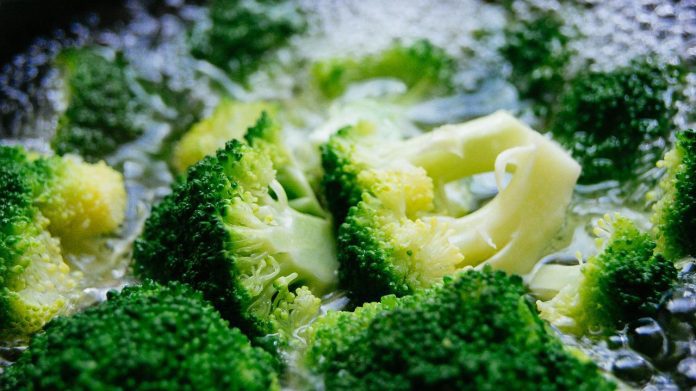
Scientists from Guy’s & St. Thomas’ NHS Trust found that many older people with hip fractures also suffer from vitamin K deficiency.
A hip fracture is a break in the upper portion of the femur (thighbone). Most hip fractures occur in elderly patients whose bones have become weakened by osteoporosis.
Most people with a hip fractures can’t stand or walk.
Sometimes, it may be possible to walk, but it’s extremely painful to put weight on the leg.
Vitamin K is a fat-soluble vitamin that comes in two forms. The main type is called phylloquinone or K1, found in green leafy vegetables like collard greens, kale, and spinach.
The other type, menaquinones or K2, are found in some animal foods and fermented foods. Menaquinones can also be produced by bacteria in the human body.
Vitamin K helps to make various proteins that are needed for blood clotting and the building of bones.
Blood clotting is an important process that prevents excessive bleeding when a blood vessel is injured.
Diet is the main source of vitamin K and body stores are depleted in days, and hence vitamin K deficiency is common in older people with poor nutrition.
Previous research has found that many people who suffer a hip fractures already have poor nutrition. Their fasting for surgery may further increase vitamin K deficiency.
In the current study, researchers aimed to explore the prevalence of vitamin K deficiency in older people with hip fractures and the impact of a short period of fasting.
In patients hospitalized with a hip fracture, the team measured vitamin K on admission and on the first postoperative day.
Vitamin K deficiency was found in 36% of patients. But after surgery, the proportion of K deficiency rose to 64%.
The team found vitamin K status was not linked to post-operative hemoglobin drop or transfusion requirements.
Hemoglobin is a protein in red blood cells that carries oxygen. The hemoglobin test measures how much hemoglobin is in your blood.
Hemoglobin is the most important component of red blood cells. It is composed of a protein called heme, which binds oxygen.
Based on the findings, the team concluded that the prevalence of vitamin K deficiency in hip fracture patients is high and increases further following a short period of fasting.
They suggest that future work needs to examine if vitamin K supplements before and after the surgery could help reduce the deficiency in people with hip fractures.
The research is published in Acta Clinica Belgica and was conducted by Celine Bultynck et al.
Copyright © 2022 Scientific Diet. All rights reserved.





